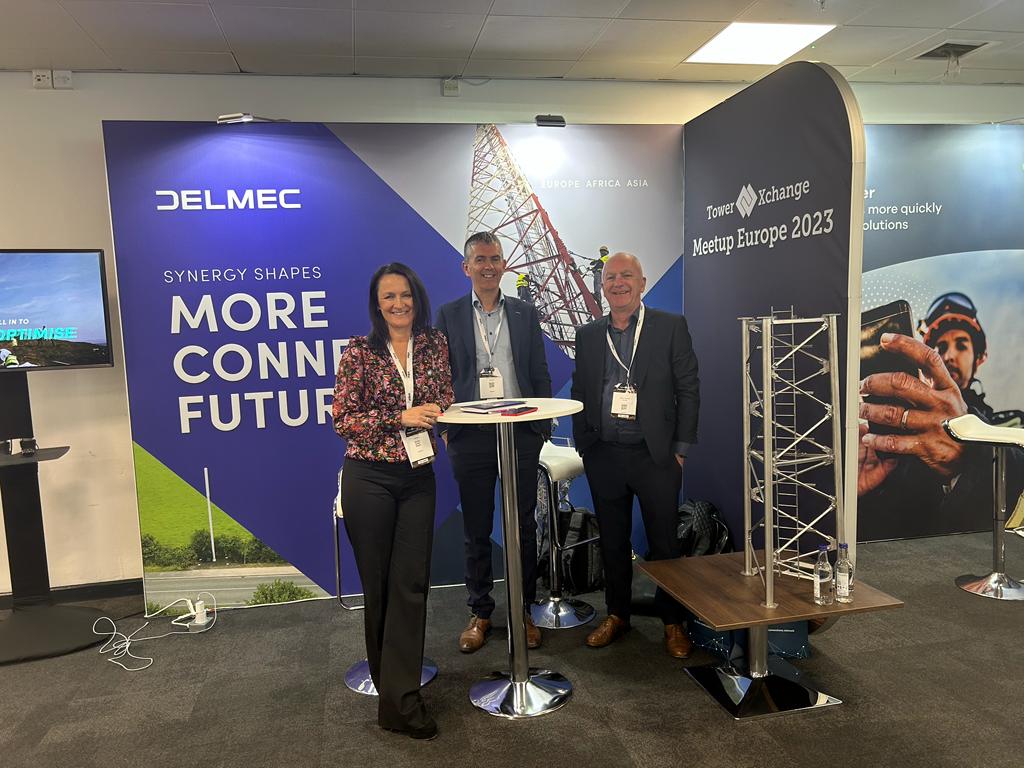A couple of years ago I found myself in a local cab, bumping along in Nairobi’s noisy traffic. Like most taxi operators, my driver was happy to chat — to me in the backseat and to his family on his phone. He flicked back and forth between kids’ smiles on Facetime, the flickering lines of Google Maps, and the regular beeps of incoming fares.
When we reached our destination and I began counting Kenya Shillings, he passed his vibrating phone back to me. “Just tap,” he said. “It’ll be easier.” Such technology wasn’t widely used in Irish taxis yet, so I asked him about it. “My phone is my life,” he explained. “My family, my job, my income, my travel, my bank, my school, my everything — it’s all in there.”
Getting out of the car, blinking into the blinding sun, I realised that this is what we do. All the meetings I attend, the plans we draft, the towers we build and the clients we serve — it’s all for people like my taxi driver, so that he can access the world from the palm of his hand.
Connecting communities
Interestingly, much of our work tends to take place in very different environments. We’re often to be found developing streetworks in major cities to expand networks or overseeing the construction of towers in rural settings to tackle blackspots. All of our work is rewarding, but we’re particularly heartened when we play a part in bringing internet access to a new town or village in Europe, Africa or Asia.
This has so many potential benefits. It can reinvigorate rural communities; bring more educational facilities to remote students; offer new employment and business opportunities to low-income areas; and help families separated by distance to stay connected to their loved ones and their cultures.
Pandemic pressures
The need for this kind of connectivity became more acute than ever three years ago. Remember binge-watching Succession in March 2020? You weren’t alone: in fact, internet usage rose by a staggering 70% worldwide in the early days of the COVID-19 pandemic.
It wasn’t just about TV, either. Researchers from Digital Planet found that greater access to high-speed internet actually reduced COVID-19 deaths in the US, saying that “the internet may have been even more important in the pandemic than initially understood — for some, it was literally a matter of life and death.” This, Bloomberg says, “underscores the importance of digital connectivity for public health.”
This makes me all the more proud of my Delmec teams — scattered all over the world, they rose to the immense challenge facing them and played a vital role in keeping the world turning.
Access for everyone
This period taught me that telecommunications is a little like plumbing. It’s a highly complex system that operates quietly in the background, barely noticed while it works well. It’s only in times of pressure, when a pipe bursts or a network gets overloaded, that we realise how crucial such infrastructure is to our modern way of life — and what a mess we’re in if it’s fails.
Sometimes I need to remind myself of this, especially when I’m on my way to the airport in the wee hours, catching a flight to some far-flung site. It’s in those times that I think of my taxi driver in Nairobi, and remember the purpose behind our work. It’s about connecting people, families, communities, and even entire countries — and for me, that’s reason enough to bounce out of bed every morning and get to work.

